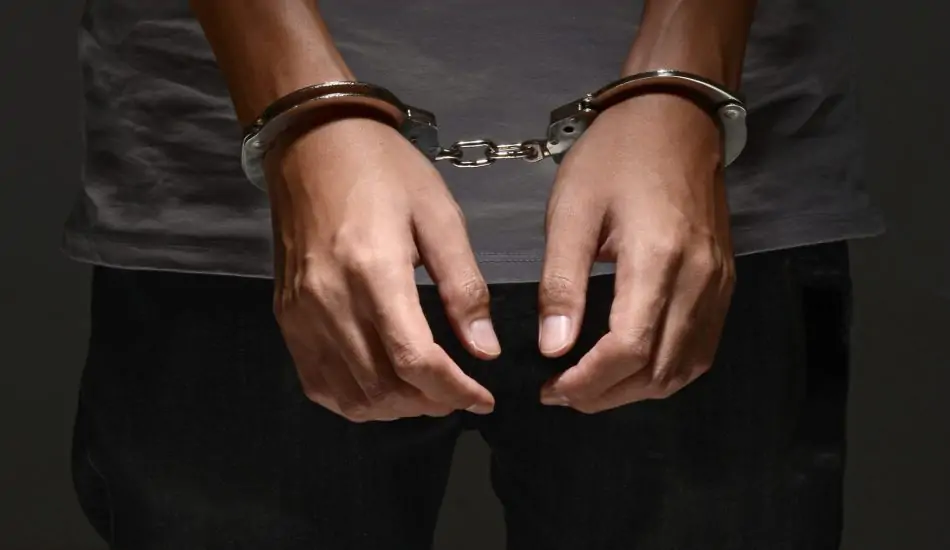The Arizona Criminal Defense Process

Getting caught up in the criminal justice system can be confusing and scary. When you are asserting your innocence, not knowing what will happen next can cause unnecessary stress and anxiety, even if you are in a good legal position.
Understanding the Arizona criminal defense process can help you set reasonable expectations and calm your fears. Grand Canyon Law Group can try to demystify this process.
WHAT HAPPENS AFTER AN ARREST?
If you were arrested for a misdemeanor, DUI, or other low-level offense, you may not have to stay in jail. The police might book you and then release you after you sign a form agreeing to appear for your court hearing. For more serious charges, you are entitled to a prompt bail hearing.
In most cases, you will appear before a judge or magistrate within 24 hours of your arrest, although sometimes there is a delay if it is a weekend or holiday. Arizona Rule 7.2 requires the judge to consider the crime you are accused of committing, your criminal record, any history of failing to appear for court dates, and your ties to the community, like a job, school enrollment, or owning property in the area. The judge can either set bail or release you on your own recognizance (OR). If you have a criminal lawyer, they may argue for OR, or the lowest bail possible.
If you have been charged with a violent felony or are already out on bail or on probation, you might not be eligible for release. You will still have a hearing where the judge will explain why they will not allow you out on bond. If the judge does not set bail you will return to jail, but you can ask the judge to reconsider bail at subsequent hearings.
THE PRELIMINARY HEARING
You will have a preliminary hearing on felony charges within ten days if you are in custody, and within 20 days if you are not in custody. At the preliminary hearing, the prosecutor presents their evidence against you to a magistrate. The prosecutor does not need to prove their case, but they do need to establish that a crime was committed and there is evidence indicating you did it.
Some courts do not use preliminary hearings, and instead, the prosecutor presents the evidence to a Grand Jury. If the Grand Jury finds there is probable cause to proceed with charges, it will issue an indictment and you will face an arraignment on the charges.
Prosecutors will sometimes support a lower bail or release on OR, or hold open a plea offer, in return for the defendant waiving the preliminary hearing. Although the defense can gain valuable information from a preliminary hearing, sometimes waiving it makes sense. You should discuss the pros and cons of this strategy with an experienced defense lawyer.
RESOLVING THE CHARGES
From the time you are arrested, your criminal attorney will be working to resolve the charges. They will review the police report and the prosecutor’s evidence supporting the charges. Most importantly, they will listen to your story and investigate to find evidence that backs up your version of events.
Getting the charges dismissed is the goal. If the prosecutor’s evidence is weak and they refuse to drop the charges, taking the case to a jury trial might be necessary. An experienced lawyer could draw attention to the defects in the prosecutor’s case to get an acquittal.
However, sometimes the prosecutor has substantial evidence supporting their case. Negotiating to resolve the charges with the least severe consequences possible is the next best thing to a dismissal. Depending on factors like the crime charged and your criminal record, it could be possible to resolve the case through alternative means like pretrial diversion, drug court, or a similar program.
FIND AN EXPERIENCED ATTORNEY TO DEFEND YOU IN CRIMINAL PROCEEDINGS
A criminal conviction can have lifelong consequences. Regardless of the charge, you must take the situation seriously and invest in your future.
Work with an experienced attorney to guide you through the Arizona criminal defense process. Grand Canyon Law Group is ready to work with you.
